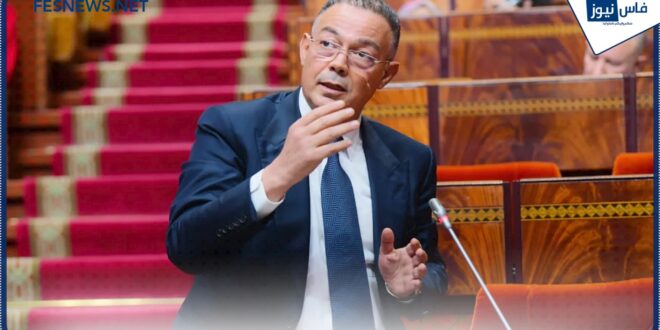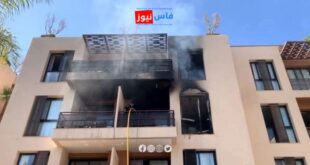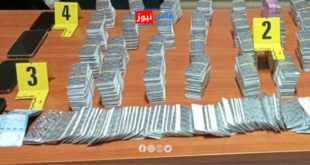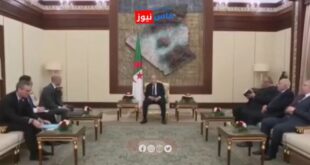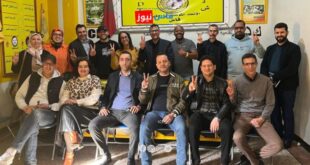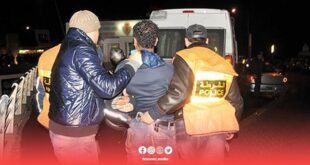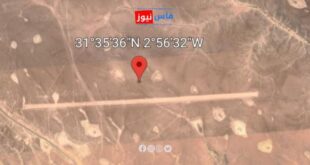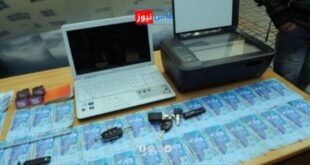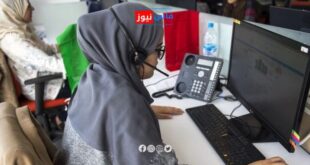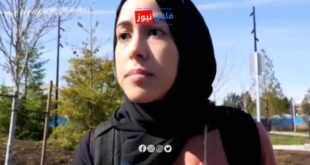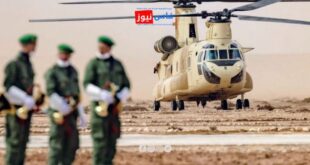In a heated parliamentary session, a Moroccan MP raised a critical question to Fouzi Lekjaa, the Minister Delegate in charge of the Budget, regarding the issue of gas cylinder subsidies and the mechanisms employed for their distribution. The question shed light on the economic challenges faced by vulnerable segments of society and how to ensure their access to this essential support amidst the current conditions in Morocco.
At the beginning of the session, the MP asked Minister Lekjaa directly, “Will the increase in gas cylinder prices that we witnessed this year continue?” The MP expressed particular concern about how this increase would affect the most disadvantaged groups in society.
In response, Minister Lekjaa affirmed that the government prioritizes directing subsidies to those most in need. He stated, “The government allocates more than 15 billion dirhams annually to subsidize butane gas, ensuring citizens have access to this essential commodity at supported prices.” The minister highlighted that the biggest challenge lies in ensuring that the most vulnerable groups benefit from this subsidy. He pointed out that the poorest 20% of Moroccans receive only 14% of the subsidy, while the wealthiest 20% benefit from 27% of the funds.
The minister emphasized that subsidies must be directed more effectively to the most deserving groups, adding that the government is currently exploring better mechanisms to achieve this, including developing direct support systems. Lekjaa also noted that the gas cylinder subsidy is part of a broader vision to support essential commodities like sugar and national flour, with a focus on the most fragile segments of society.
In response to the minister, the MP highlighted the impact of rising gas prices on farmers and agricultural workers who are grappling with higher production costs. The MP noted that some farmers face significant challenges in securing the gas cylinders necessary for their operations, particularly in rural areas.
source : fesnews media
 فاس نيوز ميديا جريدة الكترونية جهوية تعنى بشؤون و أخبار جهة فاس مكناس – متجددة على مدار الساعة
فاس نيوز ميديا جريدة الكترونية جهوية تعنى بشؤون و أخبار جهة فاس مكناس – متجددة على مدار الساعة

